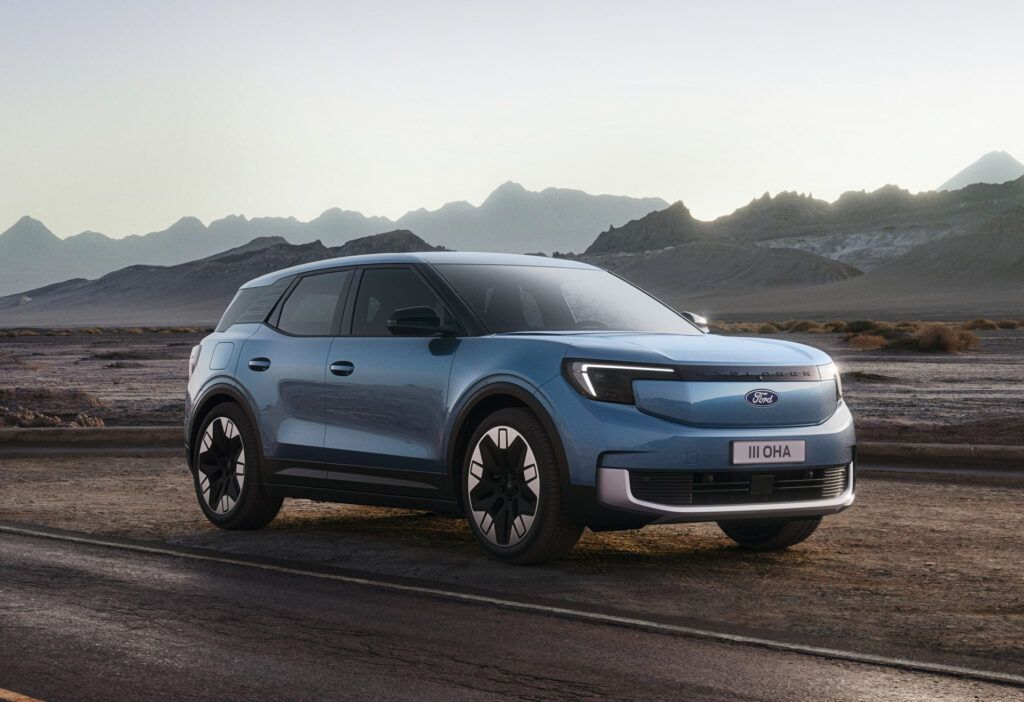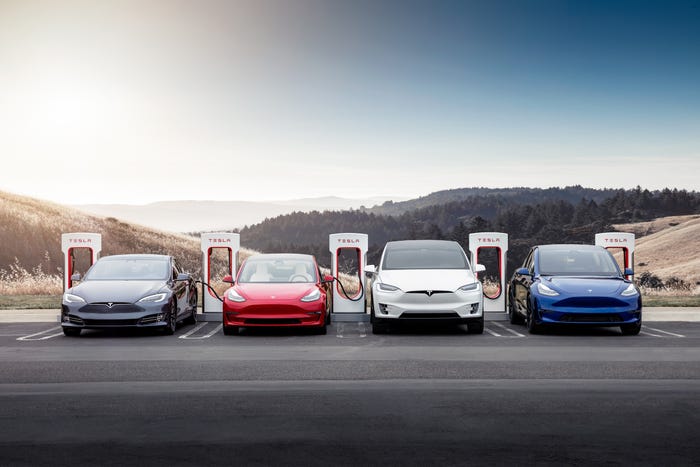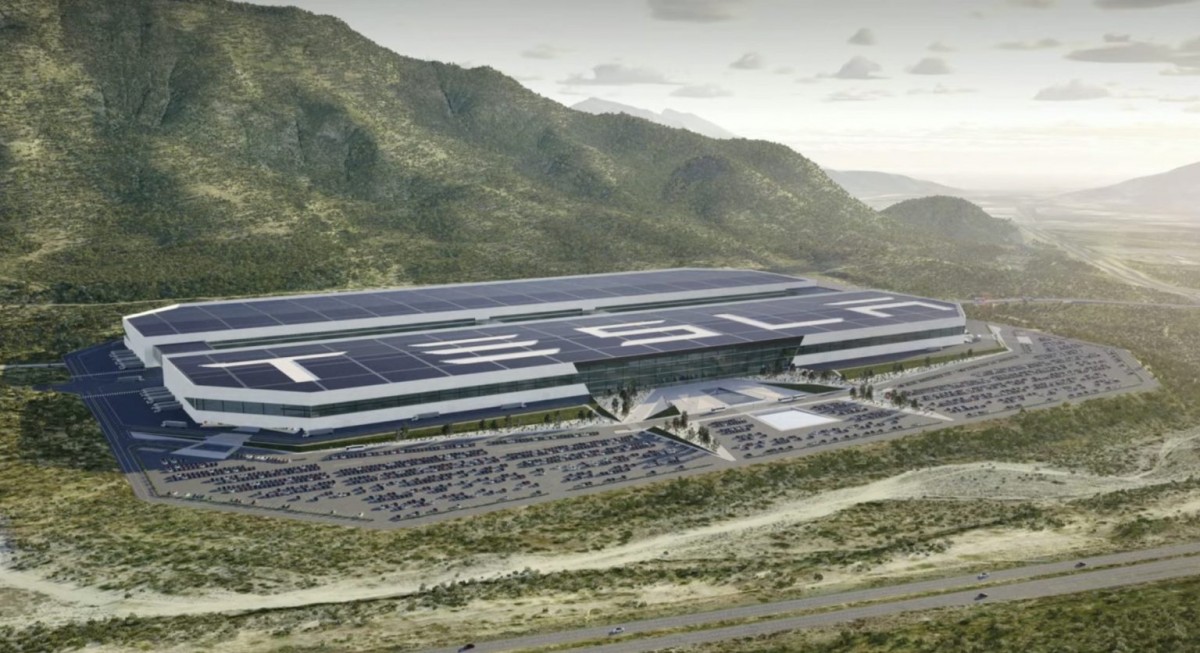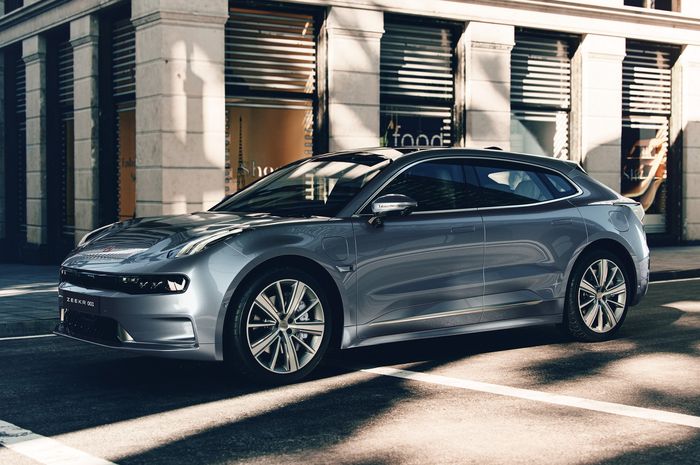Ford has postponed the market launch of its highly anticipated electric model, the Explorer, originally scheduled for early 2024. This postponement, amounting to approximately six months, is attributed to the implementation of new global safety regulations concerning the powertrain of vehicles.
As detailed in a report by Kölnische Rundschau, a Cologne-based publication, Ford relayed this decision to its workforce in Cologne on a Thursday morning. The driving factor behind the postponement, according to Ford’s statement, is the impending introduction of worldwide safety rules governing the powertrain of automobiles. Consequently, the automaker has made the strategic choice to align the global release of its vehicles with these forthcoming safety standards.
See also: Ford Ends Production of Best-Selling Fiesta Model to Make Way for Electric Explorer SUV
Specific details about the nature of these “global safety rules” remain undisclosed in the report. Within the European Union, mandatory additional assistance systems for new cars are set to take effect in 2024, with this obligation already applied to newly homologated vehicles since July 6, 2022. However, it is pertinent to note that these regulations pertain primarily to aspects other than the powertrain.
In light of this development, the Ford Explorer will only be available for customer purchase “next summer,” according to the Kölnische Rundschau. Hitherto, customers had only been able to place non-binding reservations for the eagerly awaited electric vehicle. The original production timeline of the Ford Explorer, which was unveiled in March 2023 and is constructed on Volkswagen’s MEB platform, was set to commence after the plant’s holidays at the Electric Vehicle Center in Cologne—a facility inaugurated by Ford in June 2023. This production ramp-up was intended to culminate in an early 2024 market debut.
Worth highlighting is the fact that the Explorer distinguishes itself by not being underpinned by a proprietary Ford technology platform; instead, it draws upon the Volkswagen MEB architecture. Nevertheless, Ford’s technical specifications for the drive system, including power output for both rear-wheel and all-wheel drive configurations, as well as battery capacities, remain undisclosed.
See also: Ford Introduces All-New Electric Explorer Built on Volkswagen’s MEB Architecture for European Market
In comparison, Volkswagen’s MEB models offer a battery option with a gross capacity of 82 kWh (net capacity: 77 kWh) for vehicles of similar proportions. Notably, the rear-wheel drive variant delivers 150 kW, while the all-wheel drive variant, supplemented by an additional ASM on the front axle, is offered in two power levels—195 kW and 220 kW.
Crucially, the specific components that Ford procures from Volkswagen, as well as the points of divergence between the Cologne SUV model and other MEB counterparts, have yet to be unveiled. During the model’s debut, Ford indicated that the Explorer’s battery could be charged from ten to 80 per cent within a mere 25 minutes—a claim that, at present, surpasses Volkswagen’s factory specification of 29 minutes.







